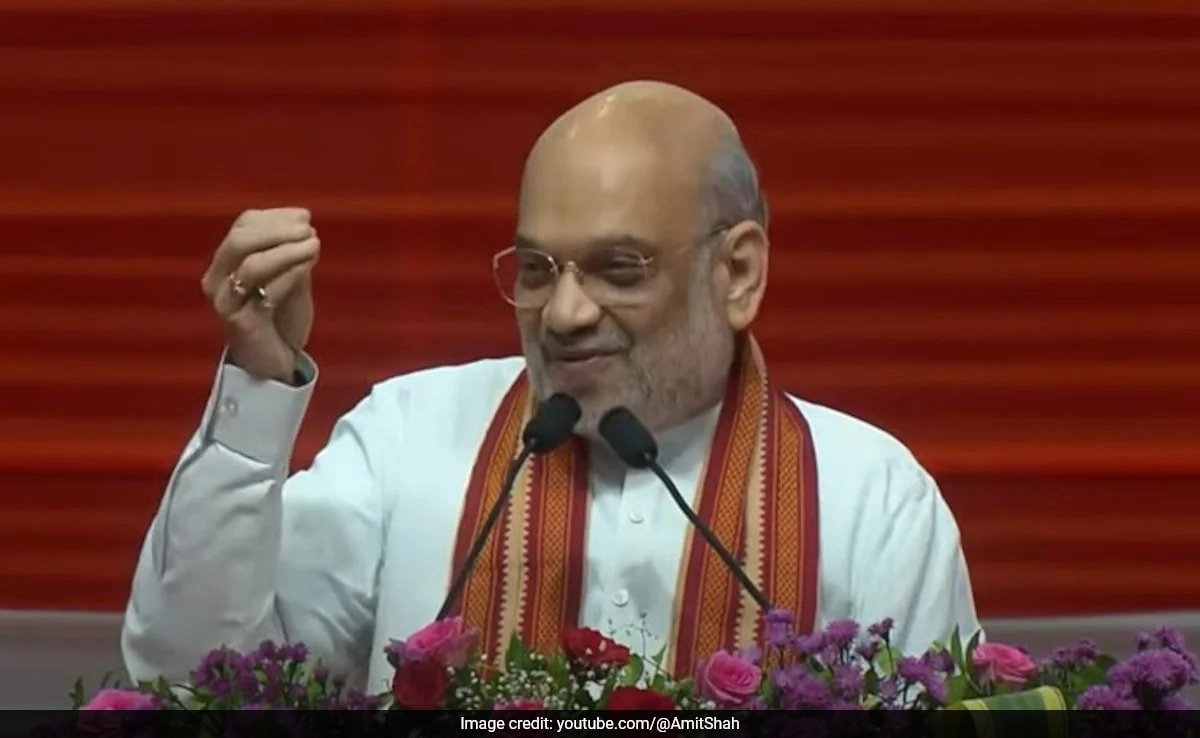In a shocking incident that has drawn widespread condemnation, a tribal woman in Madhya Pradesh was brutally gang-raped and tortured, ultimately leading to her tragic death. The harrowing event has sparked outrage among human rights activists and the local community, highlighting the urgent need for justice and protection for vulnerable populations, particularly women from tribal backgrounds. This incident reflects a disturbing trend of violence against women in India, where issues of caste, gender, and social inequality often intersect in horrifying ways.
The victim, whose identity has not been disclosed for her family’s privacy, was subjected to unimaginable brutality. Reports indicate that she was attacked by multiple assailants who not only inflicted severe physical harm but also stripped her of her dignity and autonomy. Such acts of violence are not isolated incidents; they are symptomatic of a larger societal problem where marginalized groups, especially women, face systemic violence and discrimination. The community’s response has been one of shock and grief, as many are calling for stricter enforcement of laws and greater accountability for perpetrators of such heinous crimes.
In the aftermath of this tragedy, local authorities are facing mounting pressure to ensure that justice is served. Activists are demanding that investigations are conducted thoroughly and transparently, with a focus on bringing those responsible to justice. Furthermore, this incident serves as a grim reminder of the broader societal issues that need to be addressed, including the need for comprehensive education on gender equality and women’s rights. As the nation grapples with these challenges, it is imperative that communities come together to support survivors and advocate for systemic change to prevent such atrocities from occurring in the future.
The loss of this tribal woman is not just a personal tragedy; it is a stark indication of the ongoing struggle against gender-based violence in India. It calls for a collective awakening to the realities faced by many women, particularly those from marginalized communities. Only through sustained advocacy, education, and policy reform can society hope to combat the deep-seated issues of violence and discrimination, ensuring that no woman has to endure such suffering again. The strength and resilience of communities will play a crucial role in demanding justice and fostering an environment where all individuals can live free from fear and violence.




